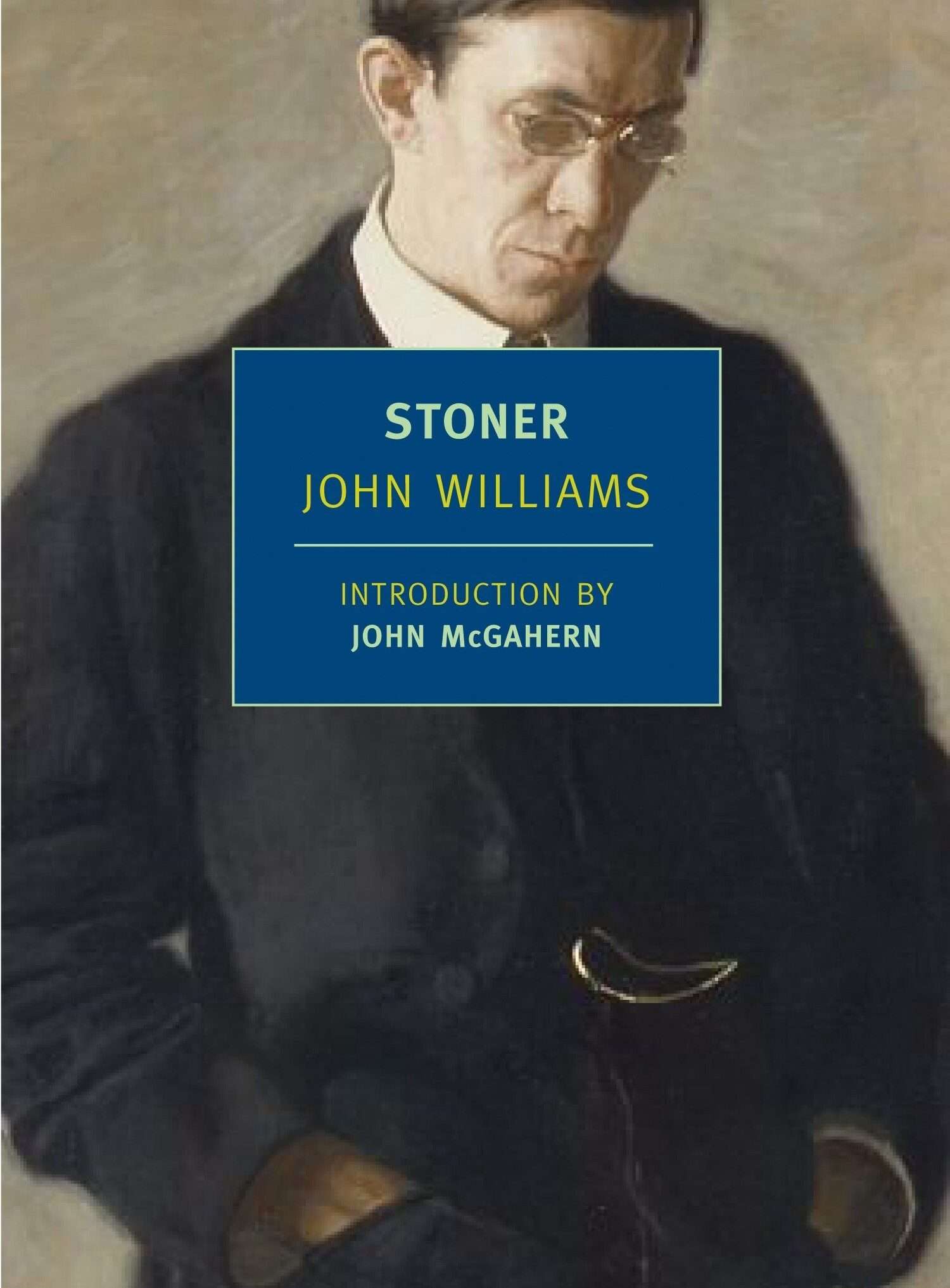If You Build It… A Book about Fathers, Fate and Field of Dreams, by Dwier Brown
Okay, I admit it. I bought this book because I love baseball, I grew up in Iowa, and I still rate “Field of Dreams,” despite its obvious flaws, as my favorite movie of all time. And just like the film, this book has a few rough spots, some bouts of almost-cloying sentimentality, a couple of places where you shrug and move on, and a whole lot of spine-tingling moments that culminate in a poignant resolution which coalesces the entire work into a wonderful and inspirational experience.
Dwier Brown is the actor who – spoilers here for those who haven’t seen the movie (ha!) – plays the late father of Ray Kinsella (Kevin Costner’s character). Ray is the Iowa farmer who, after hearing a mysterious voice intoning “If you build it, he will come,” constructs a baseball field in the middle of his cornfield in order to bring back legendary player Shoeless Joe Jackson. Appearing only in the last few minutes of the movie, Dwier Brown’s portrayal of John Kinsella is pivotal, as it is revealed that the “he” who was to come was not Shoeless Joe, but Ray’s own estranged father. The final moments of the movie bloom into a tale of redemption that almost universally leaves the audience in tears. (The movie is based on the novel Shoeless Joe by W.S. Kinsella.)
This book has three distinct aspects to it: stories from the set of the movie, including insight into Dwier Brown’s acting career, reflections from his childhood and relationship with his own father, and relating selected instances of strangers approaching him to share how much the movie meant to them. All three aspects are compelling (my favorite film story was the reaction of author W.S. Kinsella when he was told of the film’s last minute name change from “Shoeless Joe” to “Field of Dreams”), but it is Brown’s recounting of his own life that I was most moved by.
Dwier Brown also grew up on a farm in the Midwest – Ohio, not Iowa, and more an acreage than a functioning farm, but with the same rural sensitivities. While his family life was not exactly dysfunctional, it was a stoic upbringing, supportive yet stern, with a strict work ethic in the place of physical affection. Yet even though the Brown children were rarely told they were loved, they never questioned it. The author’s childhood memories are glimpses into a simpler life, and the images he conjures up – and relives upon finding himself on the Iowa farmstead where the movie was filmed – resound in their authenticity.
Dwier Brown is maybe more a storyteller than an author, but this plays into the strength of the book rather than detracts from it, and allows for some of the narrative’s weaknesses, such as the occasional jarring segue, to get an easy pass. Like the movie, the crafting of If You Build It… is not as important as the story (or in this case, stories). But also, like the movie, once you have experienced the story and have drawn its parallels to your own life, you come to understand that there was a lot more craft to it than you realized.
Regardless of your relationship with your own father, if you are a movie fan, a baseball fan, or someone who loves a good story (and more so if it is true), I highly suggest you check out If You Build It… It’s not a hard read, it’s not one that will wind you up or wring you out, but it’s one that will surely resonate. Definitely good for the soul. And we all can use that right about now.
—Sharon Browning

